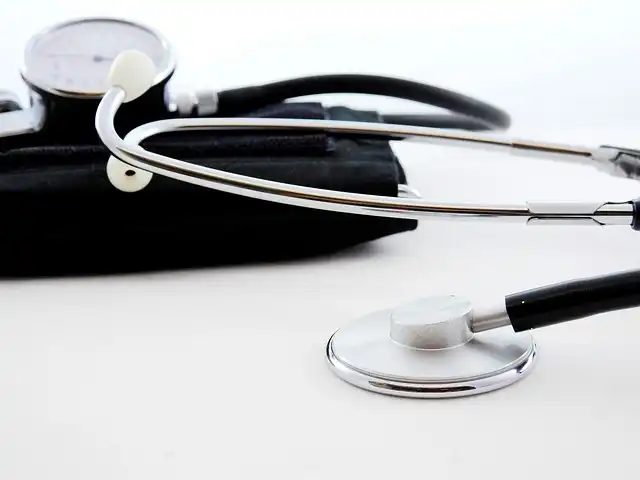
Through their research, the researchers utilized progressed techniques like RNA sequencing, fluorescence imaging, and electrophysiological testing. Their results exposed essential enhancements: far better cell structure with distinct sarcomeres and T-tubules, boosted electrical activity with improved ion network function, and a higher effectiveness in producing mature, fully reprogrammed cardiomyocytes. Dr. Track clarified that the JAK2-STAT3 path was vital to these end results, enabling the induction of cells that closely imitate the framework and feature of natural cardiomyocytes.
Their outcomes disclosed key improvements: much better cell structure with well-defined sarcomeres and T-tubules, enhanced electrical activity with boosted ion channel feature, and a higher efficiency in producing mature, fully reprogrammed cardiomyocytes. Dr. Track explained that the JAK2-STAT3 pathway was important to these results, enabling the induction of cells that very closely imitate the structure and function of all-natural cardiomyocytes.
This discovery, published in Molecular & experimental Medication on October 10, 2024, holds significant guarantee for regenerative medication. By advertising mature cardiomyocytes from a person’s own cells, it may someday be feasible to repair damage from cardiac arrest or other cardio conditions. Such a strategy can reduce reliance on heart transplants and potentially revolutionize therapies for countless people.
News-Medical. Web offers this medical info solution in accordance
with these terms.
Please note that clinical information located
on this website is developed to sustain, not to change the connection
between patient and physician/doctor and the clinical guidance they might give.
“Our findings bring us closer to changing regenerative medication right into functional therapies,” says Dr. Tune, that is based at Korea University’s Division of Cardiology and in Seoul, South Korea. Straight heart reprogramming, a process that bypasses the intermediate stem cell phase, enables fibroblasts to be converted into iCMs.
“We’re delighted with these outcomes, but this is just the beginning,” says Prof. Track. If translated into treatment, this method could offer a personalized service for restoring heart tissue, establishing a considerable breakthrough in combating cardio illness.
Heart disease remains to lead as the key cause of fatality across the globe, taking millions of lives each year. Damages brought on by these diseases is specifically challenging to fix, given that the heart has very little capacity to regrow itself. But what if we could reprogram the body’s own cells to restore broken tissue? This cutting-edge concern has actually been dealt with by researchers at Korea College, led by Dr. Myeong-Hwa Tune. The team has actually unveiled an innovative strategy to convert fibroblasts-; usual connective tissue cells-; right into practical and mature induced cardiomyocytes (iCMs). Their method depends on integrating fibroblast development factor 4 (FGF4) with vitamin C, a pairing that accelerates cell maturation and boosts feature.
What if we could reprogram the body’s very own cells to restore damaged tissue? The team has revealed an innovative technique to convert fibroblasts-; usual connective tissue cells-; right into functional and fully grown caused cardiomyocytes (iCMs). Their technique relies on integrating fibroblast development aspect 4 (FGF4) with vitamin C, a pairing that speeds up cell maturation and enhances function.
While we just utilize edited and approved content for Azthena
responses, it may occasionally give incorrect feedbacks.
Please verify any kind of data given with the related distributors or
writers. We do not provide medical suggestions, if you search for
clinical details you need to always get in touch with a clinical
specialist before acting upon any details supplied.
2 lives every year
« Universal barcodes unlock fast-paced small molecule synthesisAdoption of ‘hospital-at-home’ programs remains concentrated among larger, urban, not-for-profit and academic hospitals »
